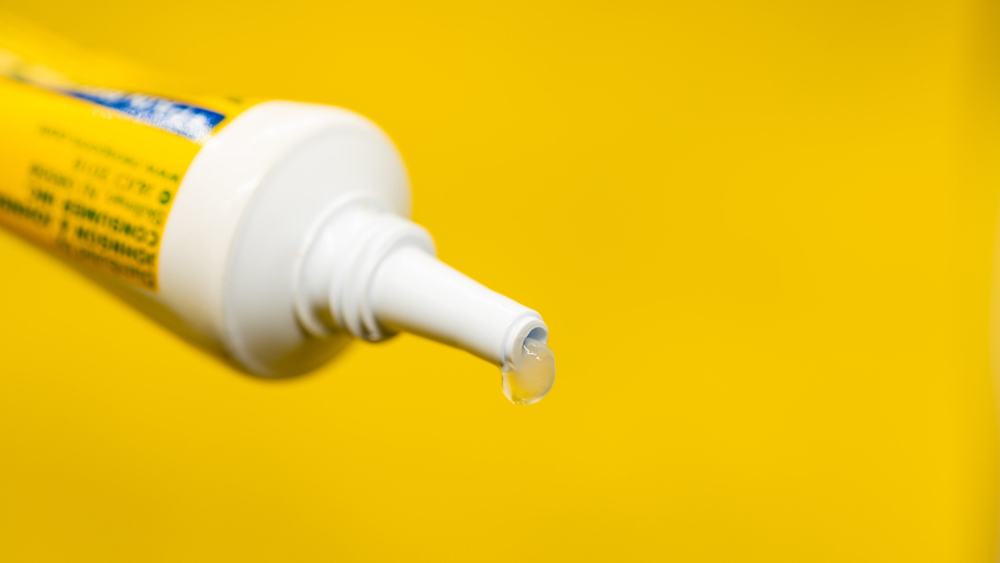How To Treat Jock Itch
Expert advice from a pharmacist on how to cure this common skin condition

If you’re suffering from itchy or inflamed skin around your groin, the absolute worst thing you can do is ignore the problem and hope it goes away by itself. And yet far too many people will take that approach, at least at first, to avoid the embarrassment of having to talk to someone about it.
To help you out, we’ve done some of the talking for you, quizzing Nick Thayer, pharmacist at Well Pharmacy, about jock itch. You’ll still need to go to a pharmacy yourself to get the treatment, but hopefully this article answers many of the questions you might have about this common skin condition. A common condition which, by the way, can be effectively cured within a couple of weeks once you get the treatment.
How common is jock itch?
Jock itch is a fungal skin infection, also referred to as tinea cruris or “ringworm of the groin”, from the same family of fungi that causes athlete’s foot, namely dermatophytes. It’s estimated that between 10% and 20% of the world’s population is affected by some sort of fungal infection and this is one of the most common.
Jock itch is most common in adult men but can occur in women. Those that are overweight are at a higher risk of developing jock itch thanks to folds in the skin where moisture and heat can build.
What are the symptoms of jock itch?
A red, inflamed, circular rash; scaly, flaky or cracking skin; and itching and/or burning.
Are these symptoms similar to other, more serious conditions?
The skin condition inverse psoriasis has similar symptoms to jock itch, producing a red rash within the folds of your skin. Although an unusual form of psoriasis, this autoimmune disease causes your immune system to attack the healthy cells in your body. It requires cream and medication.
Are people who exercise regularly more prone to jock itch?
Jock itch may be exacerbated by sweat and tight clothing, because fungal infections thrive in warm and moist areas of the body. Often the feet are also involved – the theory is that the feet get infected first from contact with the ground, and then the spores are carried to the groin from scratching or putting on underclothing or pants. The infection commonly extends back from the groin to the perianal skin [the skin around the anus] and gluteal cleft.
Get the Coach Newsletter
Sign up for workout ideas, training advice, reviews of the latest gear and more.
Is jock itch contagious?
Yes, it can easily spread through skin-to-skin contact. It may not infect the other person if they wash their hands, and don’t provide the same warm and moist environment for the fungus to grow.
How do you treat jock itch?
Over-the-counter medicines can help with jock itch. A pharmacist can help you find the best method of treatment – there are various forms of antifungals available in creams, powders and sprays.
It is important that you regularly wash the infected area and dry thoroughly with a clean towel, making sure you use a different towel for the rest of your body and to other people, to help control the spread of the fungus.
There’s no need to stop exercising, but it is important you change your underwear if it becomes saturated with sweat or water, shower immediately afterwards, and keep the area clean and dry throughout the day.
See related
- Five Simple Health Checks Men Can Make In Five Minutes
- Should You Run With A Cold? We Asked A Pharmacist
- Is A Prostate Check Painful?
How quickly should it clear up with effective treatment?
Treatment should take about two weeks and even if the infection looks like it has gone you should continue to use it for this amount of time. This is because if you stop using the medication sooner, the fungus could return. Your pharmacist may advise you to continue using the cream for longer, depending on your health, other medicines or the severity of the infection.
When should you see a doctor about it?
After using an over-the-counter antifungal medicine, you should see an improvement – but if you don’t within two weeks, or if you treat the infection and it returns within a few weeks, you should go and see your doctor because it may mean there is a bacterial infection which requires a dose of antibiotics.

Nick Harris-Fry is a journalist who has been covering health and fitness since 2015. Nick is an avid runner, covering 70-110km a week, which gives him ample opportunity to test a wide range of running shoes and running gear. He is also the chief tester for fitness trackers and running watches, treadmills and exercise bikes, and workout headphones.
